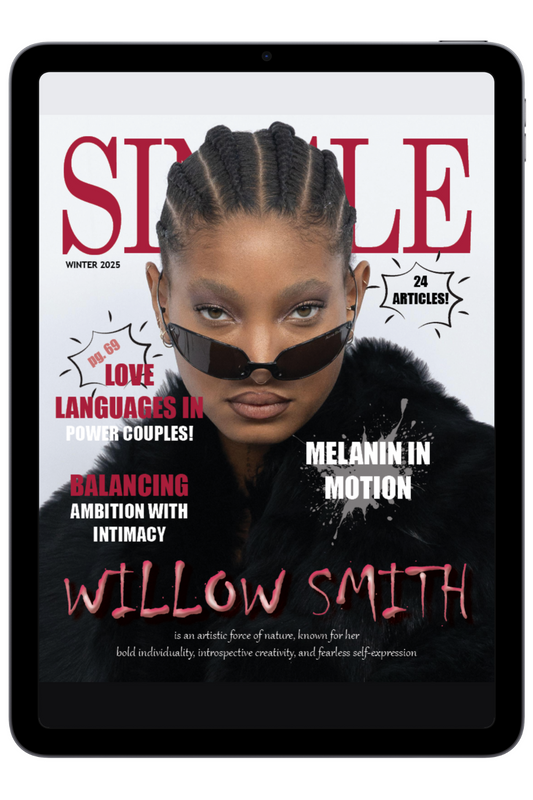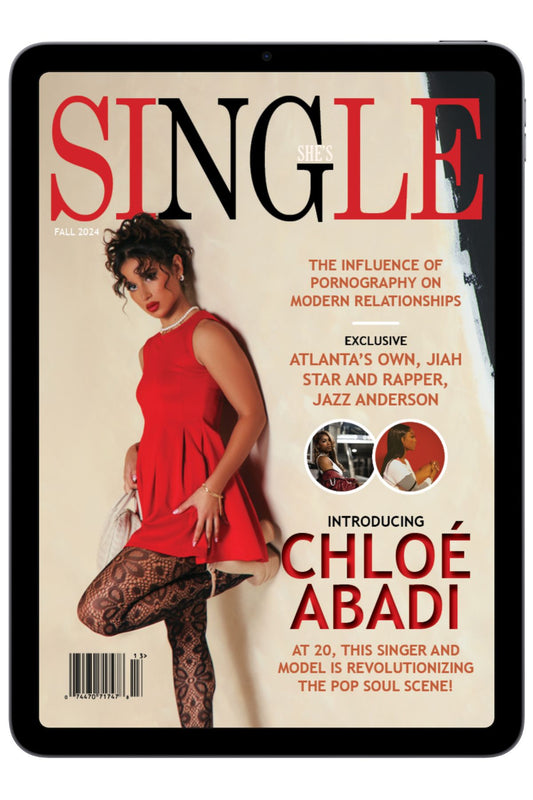Why Are Celebrities Launching Beauty Brands? A Look at Serena Williams' Wyn Beauty and Its Struggles

Why do some celebrities own beauty brands, and is it a good idea if it’s just going to fail? Ulta and Sephora workers are joining in on the trend where they share their in-store recommendations and, of course, products they don’t recommend because, well, they don’t seem to leave the shelves. The latest brand to land on my FYP is Wyn Beauty, with an Ulta employee showing herself tossing their overstock in boxes to return to their backroom.
“We have three drawers full of Wyn Beauty, and I’m sorry, Serena Williams, it does not sell,” Reaira Gray says. “These products are not selling; we’ve been stacked with product since it launched. The packaging and branding are on point, but I don’t know why it’s not getting to the people; the people are not buying it. You already had a mishap with your blushes; those molded as soon as we got them.”
It did not take long for the comments to be flooded with users sharing their thoughts on the brand: “I haven’t seen any reviews! Where’s the PR? Influencers?” and another added, “I feel like it’s because they’re not advertising well. I saw one ad before it was released, and that was it. Meanwhile, I keep getting Charlotte Tilbury and Fenty ads everywhere.”
In addition to the lack of marketing, many consumers simply feel overwhelmed with the number of celebrities launching beauty brands. From Rihanna and Fenty Beauty to Kylie Jenner with Kylie Cosmetics, Selena Gomez and Rare Beauty, or Hailey Bieber with Rhode, where does it end? If it’s not beauty, then it’s alcohol, and then there’s JLO, who did both with her skincare line JLO Beauty Skincare and Delola, the cocktail brand she recently launched.
Beyoncé is also among the conversation now that she’s launched a haircare line, perfume, and alcohol, SirDavis. Is there nothing else? Truth be told, most celebrities are branded at the start of their careers; it’s what catapults them into mainstream media and translates well across the world. JLO is a singer, and Serena Williams is an athlete; venturing off into other industries is simply not wise because the fanbase they’ve garnered is due to their initial talents, not these new projects they’re undertaking in droves.

But then one may argue, well, Fenty Beauty is successful. Well, we can possibly attribute that to the fact that Rihanna no longer wants to make music. Fans love Rihanna, and although her branding is music-centered, she’s withheld that to push forth something else that will still keep her fans engaged with her on a semi-personal level. Other artists who essentially want to “do it all” are not finding the same success because why should I buy your makeup when I can simply listen to your music, new music at that?
JLO is a great example of this as well; investing $20 million into a music project when you have both a cocktail and skincare brand to promote is, well, neglectful and lets fans know that the music is still your priority. Since they’re already spread thin financially, they’re going to naturally navigate toward what they know you for: music, performances, etc. If Huda Beauty’s CEO decided to drop an album today, would it be well received? No, probably not. So why are artists and athletes any different?
Branding is crucial in the world of entertainment and business, and as someone who has studied this concept for years, I can say with confidence that if Serena Williams launched a small pop-up shop with sunscreen or deodorant that is specifically for athletes or female fitness influencers, it would have gone over well and would have no doubt seen much more success. So, why aren’t more celebrities sticking to their branding or taking a backseat and going 100% into their ventures?
Investment opportunities could be one of the main reasons so many celebs choose to start beauty brands. Due to the high market demand for beauty and skincare products, it doesn’t take much effort for a single celeb to slap their name on a product, take some photos, sell a few hundred products, then wait for the investors to come knocking. We can take Kylie, for example, and her deal with Coty Cosmetics that was worth $1.2 billion, selling off a 51% stake.
It was later revealed that the cosmetics line just wasn’t worth it in the long run, but the ink had already dried, and others in the business started to take note. If Kylie—a young girl from reality TV—could make it happen, then why not a Serena or a JLO? All in all, it’s a larger conversation that needs to be had considering most of these items will only end up in a landfill somewhere and lead to more negative effects on global warming. Let’s just stop supporting, and hopefully, they’ll go away and consider ventures less harmful to the environment.
by Kyla Cruz









